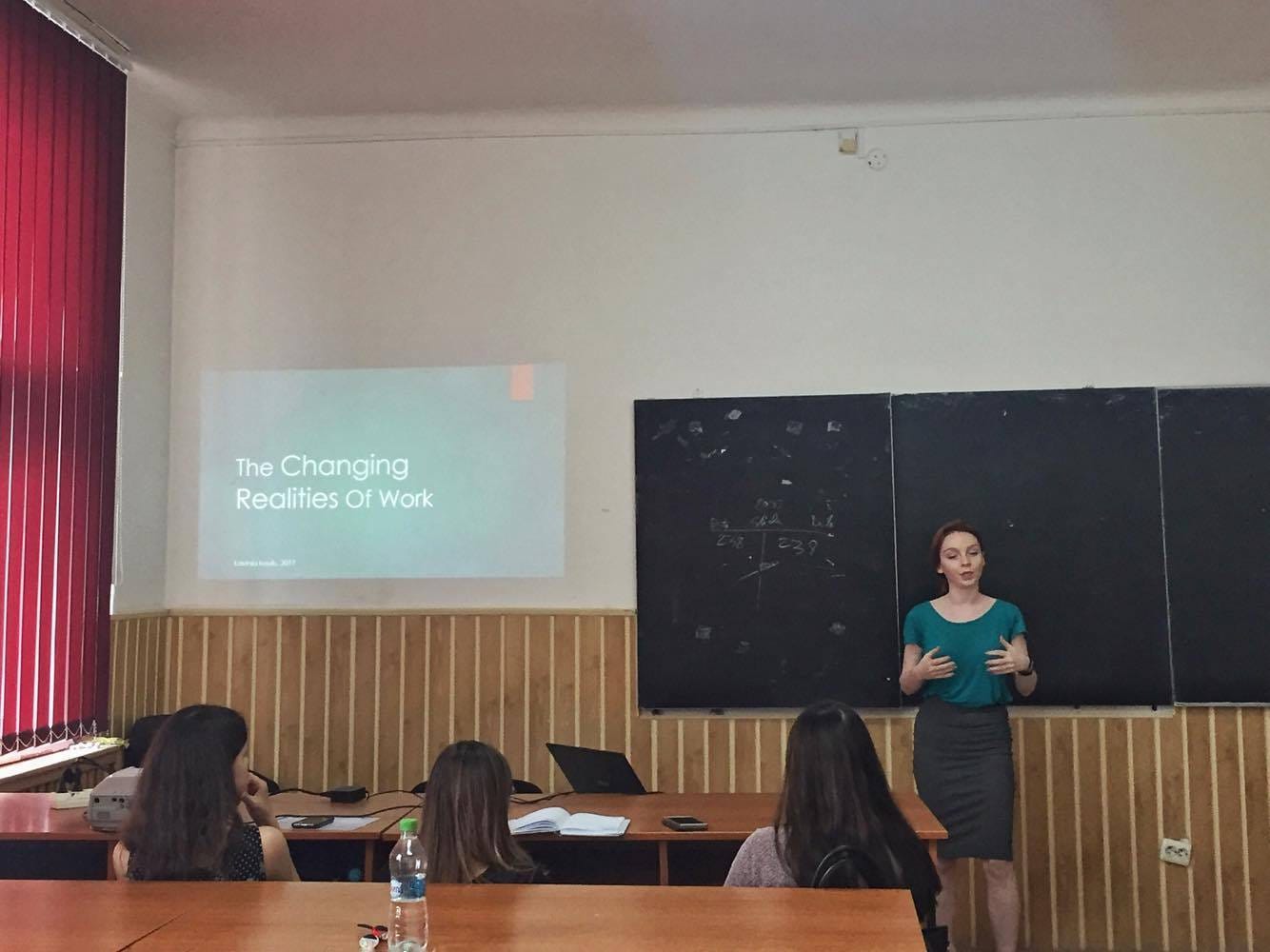5 skills fading by 2030 & the upgrades to get started on now

By 2030, 50% of today's "knowledge work" is expected to be automated or rendered obsolete. Which is to say the skills that got us ahead in 2025 may be relics by then.
(And yes, 2030 just over 4 years away - which is somehow shocking to me!)
This began as an internal reflection exercise for myself and my team, because I get this question a lot - from students, clients, team members, colleagues.
Now, I don’t have a crystal ball, but I have a few informed guesses.
(For context: I’ve spent 10+ years studying, speaking and working at the intersection of leadership, tech, HR/people, training and education; leading remote, flexible, decentralized teams; and I founded Remote Skills Academy, where we upskill 1000s of learners each year.)
So, here are, in my view, 5 types of skills that still 'work' today but no longer will, and their 2030 replacements:
1. 2025: “digital fluency” skills
These are basic remote work tools, AI tools, standard automation. They're usually enough for a knowledge worker to call themselves such, and decently complete their job.
2030 replacement: AI Orchestration Mastery - the skill to source, recruit and "govern" AI tools and agents that "move the needle" and serve strategic objectives without micromanagement.
By 2030, I believe everyone should be a CEO - of an AI stack at least.
2. 2025 "skills": busywork and visibility signaling
Aka “I’m online, I’m working” - many companies still manage like this.
2030 replacement: Outcome Shaping - humans who thrive will focus on setting direction, shaping perspective (this is the age of taste and sense-making - AIs are still a ways away from mastering that), building trust, and telling the stories of the future.
AI will deliver output at 10x speed. Human energy spent on low-leverage execution or posturing will basically be career suicide. We'll watch people we now consider lazy 10x their output, while working 5x less. Is that a good thing? I don't know, but I see it happening already.
3. 2025: Individualistic “knowledge hoarding” mindset
It’s hard to overstate just how embedded the idea of knowledge as scarce currency is in our societies. Our entire school system, LinkedIn itself, job interviews, CVs, etc, are all meant to measure, prove, and reward the knowledge you've amassed. That won't matter anymore.
2030 replacement: Collective Intelligence Stewardship - orchestrating human+machine “brains” for exponential impact. Knowledge will have the shelf-life of a TikTok reel; value will come from connecting ideas, people, and AI agents to co-create fast.
4. 2025: mastery in static dashboards, spreadsheets, and manual reporting
2030 Replacement: By 2030, every business metric will likely live in a self-updating, predictive twin of your org. Manual tracking and BI dashboards will sound like floppy disks sound to us today. - No more "I don't know what Mark is doing bcs he didn't fill in the report"
5. 2025: middle-layer people management & hierarchical decision-making systems
Decentralized systems will increasingly distribute authority to where data is freshest and most relevant - essentially collapsing middle management layers. AI agents and self-managing systems will replace most supervision and process monitoring. Human managers will be irrelevant where judgment and empathy are not deeply needed.
2030 replacement: Complexity Leadership & Distributed Autonomy Systems: guiding hybrid human-AI ecosystems, setting moral guardrails, handling emergent behavior in distributed teams. In more techie orgs, we'll see more human + machine decision webs with trustless verification, blockchain-backed governance, and smart contracts for execution.
Side note: forget Human Resources, get good at conducting orchestras of PAIR - People & AI Resources.
So, what now, Lavinia?
What can I do to stay relevant & thrive in 2030 and beyond?
A few ideas:
Train sense-making (I wrote more about this here), complexity thinking & scenario design.
Start building a personal digital twin that has context on you and all the important areas of your life. Can speak in your voice, think like you, and do things like you would.
Cultivate emotional and ethical leadership.
Bonus:
Learn to manage AI tools, trial new ones every week. "AI whisperers", who can get consistent, accurate results from unreliable systems, will be in great demand. Master prompting, discernment, workflow design, and quality control for AI outputs.
Here's the cold truth:
If you're a "high-performing executor” rather than a shaper of meaning and systems, in the next few short years, AI will outperform you on speed, cost, and creativity. Competing with machines on output is a losing game. Without shifting to leveraging and orchestrating that power, instead of competing with it, you’ll face diminishing returns on effort - and they'll diminish by the week/month.
So, shift to a mindset of augmenting yourself with AI in smart, strategic, efficient, safe ways. Once again, think AI augmentation rather than wholesale replacement.
That's what I'll be busy doing, training and upgrading.
What are your thoughts on this?
Do you agree/disagree?
Greateful to
and for helping me organize my thoughts on this topic.

